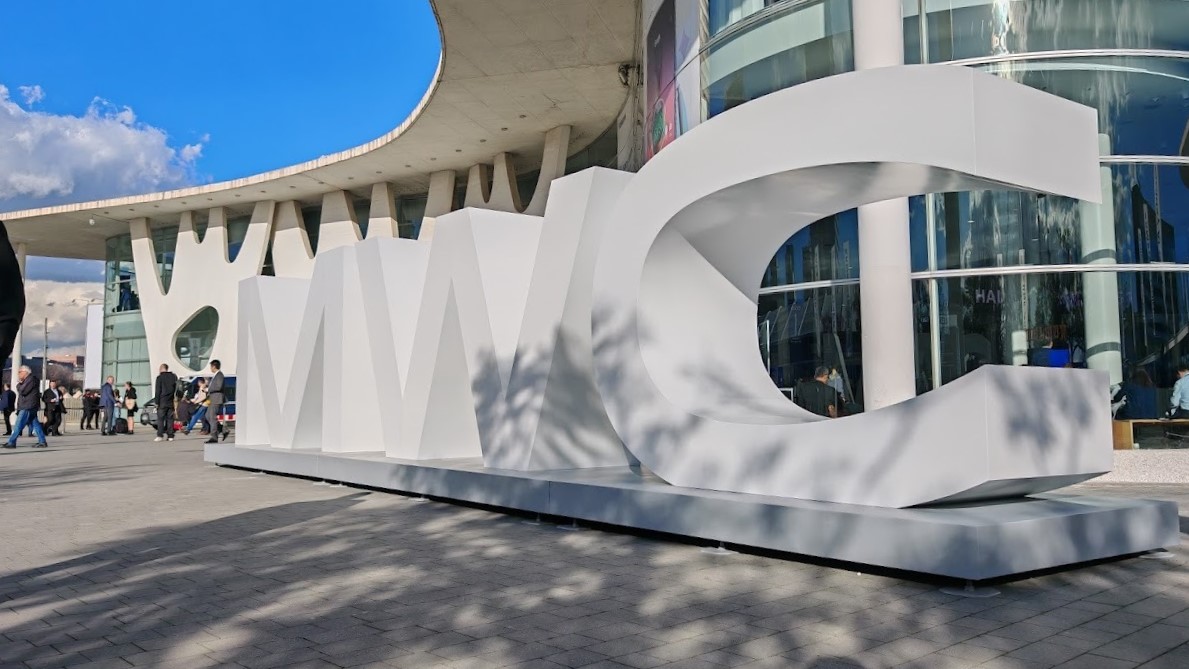Google rebrands Bard as Gemini, and it finally knows where it's going with AI
Bard is long gone, and after a nearly year-long effort to experiment with AI, Google now has a plan.
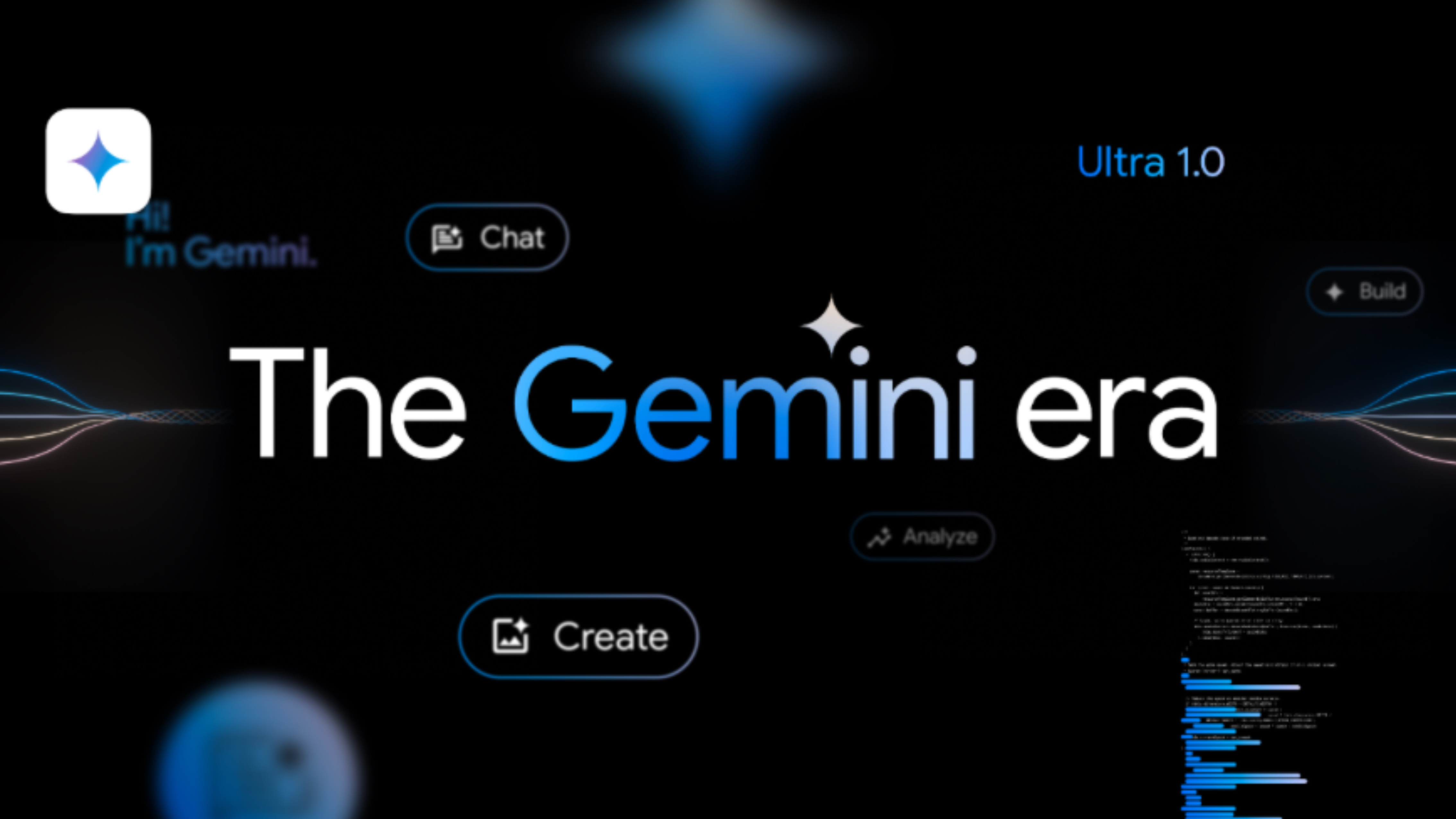
Get the latest news from Android Central, your trusted companion in the world of Android
You are now subscribed
Your newsletter sign-up was successful
What you need to know
- Google is rebranding Bard as Gemini across its AI suite and is seemingly dropping the Gemini name from its AI models, which will now be called Pro 1.0 and Ultra 1.0.
- The company is also launching Gemini Advanced, available with Ultra 1.0, starting today as part of a new Google One AI Premium subscription.
- Gemini, the company's AI chatbot, will be available natively on mobile in a new Gemini app for Android starting today. Gemini will appear in the Google app for iOS in the coming weeks.
Following weeks of rumors, Google today officially announced that it is leaving the Bard name behind in favor of Gemini. The company told us that, for the most part, it's just a name change. When you access Google's artificial intelligence chatbot from the web or through the new mobile app, you'll see new Gemini branding with the same old Bard chatbot underneath.
But Google might be underselling the significance of the Gemini rebrand. The company scrambled to catch up in the AI race following the sudden release of OpenAI's ChatGPT in late 2022. Bard, as well as numerous other AI features, shipped in early 2023, although many of these features were considered experimental at the time and felt unfinished.
The Gemini name change represents Google finally finding its footing in the AI race. The company will still try out experimental AI features, and it'll certainly keep building new AI models and tools. However, Google now has the trifecta needed for success in the artificial intelligence landscape: a brand, a mobile app (finally), and premium subscription offerings.
Google ditches the Bard name in favor of Gemini
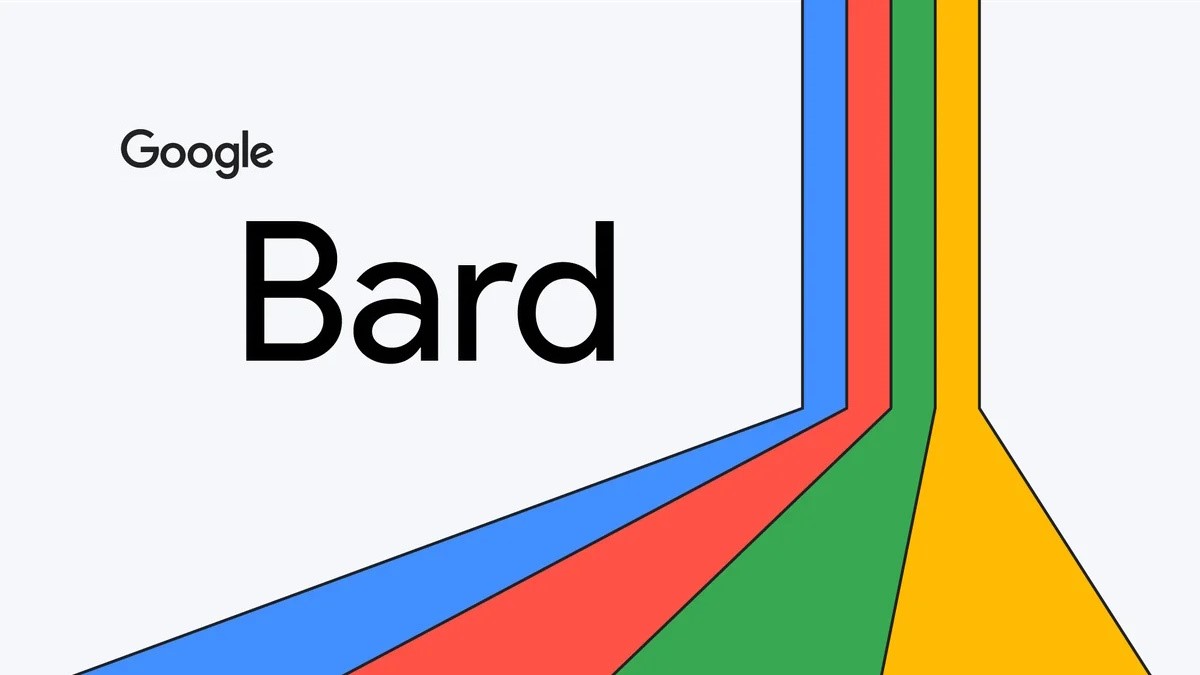
What's in a name? A lot, evidently. Taking a look at other AI chatbots, the name ChatGPT lacks personality, and Microsoft's Copilot accurately describes what it aims to do. Bard was, well, weird — and a lot of people were confused by the naming convention. The chatbot was named Bard because the word is the Celtic term for storyteller, and it's entirely possible that you are just learning that now. It just wasn't good branding.
Gemini, on the other hand, did seem to catch on. It was announced last year as Google's next-generation lineup of AI models. There was Gemini Nano for on-device smartphone processing, Gemini Pro for Bard, and Gemini Ultra slated to come to Bard Advanced this year. People resonated with Gemini in a way they didn't with Bard, and this is something that Google also discovered.
"For the past year, Bard has been the best way for people to directly experience and collaborate with our AI models," said Sissie Hsiao, Google's vice president of Gemini Experiences and Assistant. "Gemini represents our most capable family of models. So, to reflect the advanced technology at its core, Bard will now simply be called Gemini."
What Google doesn't say is that Gemini is simply a better name than Bard. ChatGPT uses the GPT-3.5 model, and Copilot uses GPT-4. We don't see OpenAI or Microsoft renaming their chatbots because the name of the way you interact with an AI model doesn't need to be the same as the model.
Get the latest news from Android Central, your trusted companion in the world of Android
In fact, Google appears to be moving away from Gemini as the name for its AI models. Instead of Gemini Pro and Gemini Ultra, the company simply refers to the models as Pro 1.0 and Ultra 1.0 in its press release.
However, it's true that Gemini is a better brand for Google's AI suite than Bard, and it's a good thing Bard is being left behind. Bard signified Google's trial-and-error period for AI development, and Gemini is a name for the future.
Finally, Google is offering a mobile app for its AI chatbot
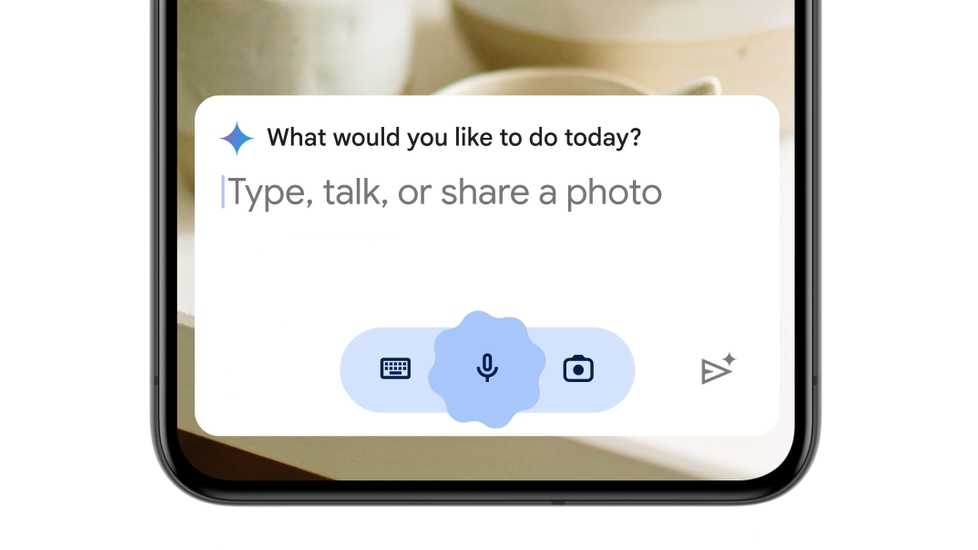
Again, Google's moves today are more than a simple name change. At this point in 2024, every AI chatbot worth using has a mobile app. Alongside the rebrand, a Gemini mobile app is coming to Android phones in the United States starting today. On the iOS side of things, Gemini will be integrated into the existing Google app in the next few weeks.
Previously, if you wanted to use Bard on mobile, you had to use the web version. There was no reason to do so with ChatGPT — and now Copilot — apps available. Now that we can natively communicate with Gemini on iOS and Android, we can finally take the chatbot seriously.

It's a sign that Google's AI chatbot, whether you call it Bard or Gemini, is finally ready for prime time. Google referred to Bard as "an experiment to collaborate with generative AI" as recently as last fall. There are no references to Gemini as an experiment in today's announcement. Google has come a long way since the early Bard days, and its AI chatbot has a fresh name to match.
Google is adding an AI subscription, joining the likes of OpenAI and Microsoft
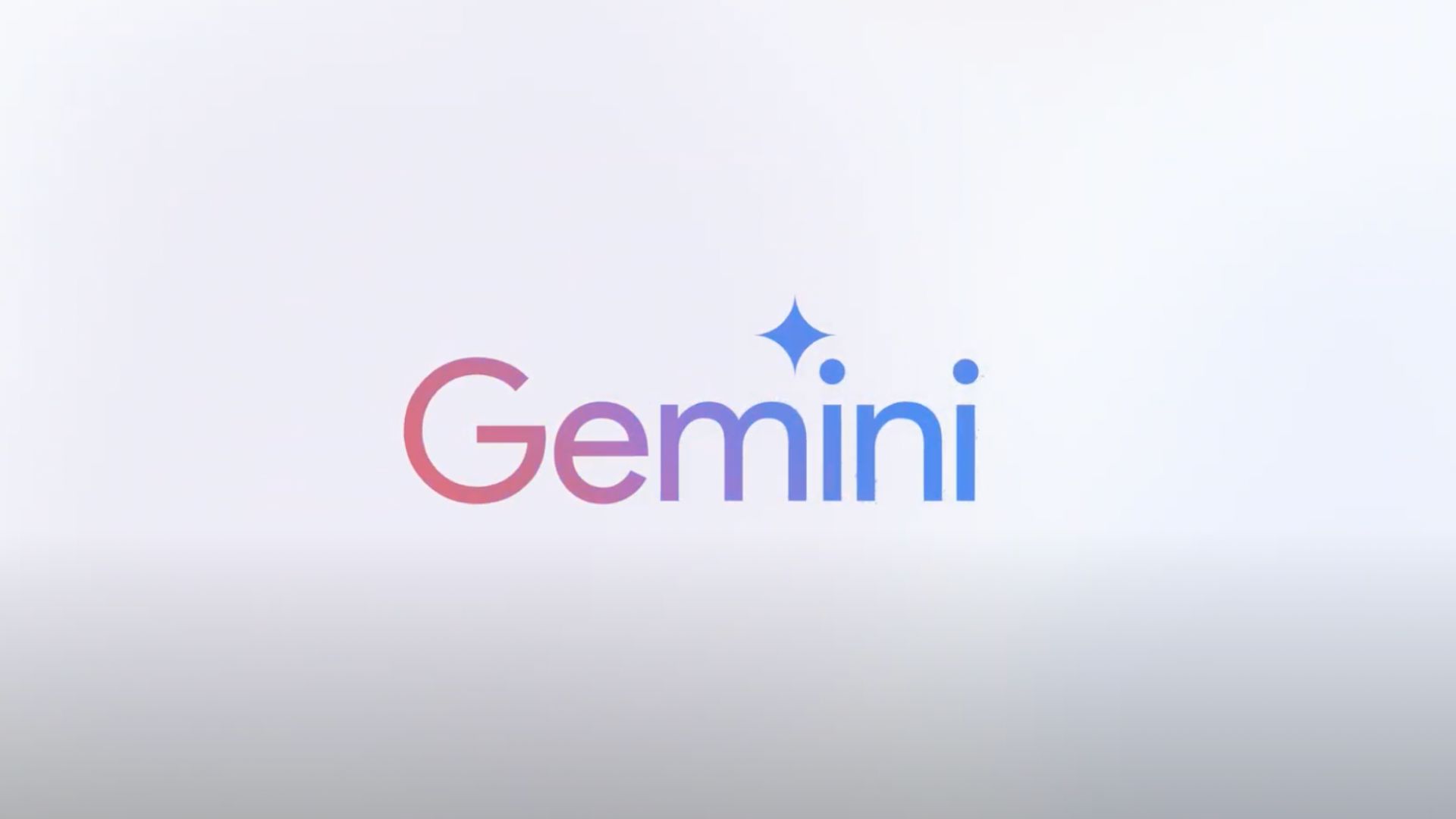
Perhaps the biggest indicator of Google's solidified strategy regarding AI tools and features is the company's new AI subscription plans. Google offered AI in Google Workspace through a subscription called Duet AI, which is being rebranded to Gemini for Workspace. But for end users, Google didn't have a subscription that could compete with Copilot Pro or ChatGPT Plus.
That changes today with the introduction of the Google One AI Premium plan. It costs $20 per month and grants users access to Gemini Advanced. Google announced Gemini Advanced last year (as Bard Advanced), and it's powered by the company's best Ultra 1.0 model.
Google says Gemini Advanced is superior to its regular AI chatbot at complex tasks, such as coding, logical reasoning, understanding context, and following specific instructions. Using the Ultra 1.0 model, Gemini Advanced and the Google One AI Premium plan directly compete with Copilot Pro and ChatGPT Plus.
However, Google has a key advantage over both of those options. OpenAI can't integrate ChatGPT Plus with other software products. Meanwhile, Microsoft can and has integrated Copilot Pro with Office 365, but you need a separate Office 365 subscription in addition to the Copilot Pro monthly fee, and it can't be shared with others.
By comparison, Google One AI Premium gives subscribers all the existing features of Google One Premium. That includes 2TB of cloud storage, Google Workspace premium tools, and advanced photo editing features in Google Photos, to name a few. Google One Premium costs $10 per month by itself, so for $10 more, subscribers can add Gemini Advanced access.
Gemini Advanced has a key advantage over Copilot Pro and ChatGPT Plus.
Google quietly launched the most feature-rich and best-value AI subscription plan yet. It remains to be seen whether Ultra 1.0 can hold up against OpenAI's GPT-4 and GPT-4 Turbo models, which power ChatGPT Plus and Copilot Pro, respectively. If it can, Google's subscription becomes a far better value than the other two options, which also cost $20 per month.
Still, AI subscriptions are incredibly niche offerings that only make sense for a small subset of users. For people that heavily use AI in Google Workspace, the $20 per month might be worth it. Others who have run into limitations with Bard (now Gemini) might appreciate the extra power provided by Ultra 1.0.
Google's examples of what that extra power might be used for include help with coding and advanced reasoning. However, it's still true that most Gemini users need a basic chatbot and will do just fine without paying a subscription.
What does this mean for Google Assistant?
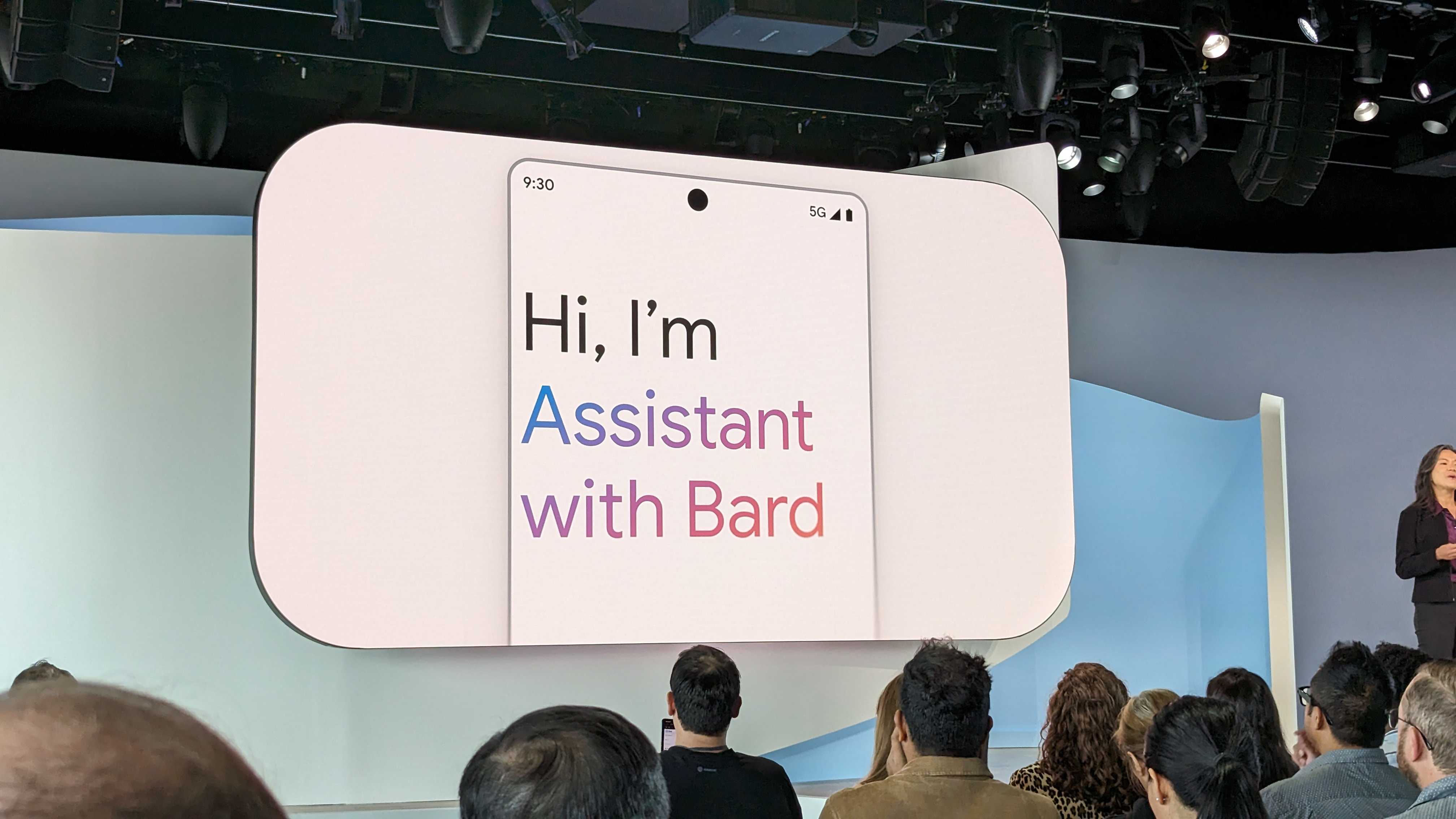
Google is also giving users the option to use Gemini over the existing Assistant on Android. That said, Assistant isn't going anywhere, but Gemini reflects Google's goal of making a more powerful, AI-equipped assistant.
"We shared in October a vision around building a true AI assistant that is conversational, multimodal, and helpful," a Google spokesperson told Android Central. "Now, we have in December, launched this model, Gemini, and we saw that Bard was the main way that people were interacting with Gemini. So that's why we have this particular renaming, to emphasize our shift in how we think about bringing Gemini AI to users."
That shift is more far-reaching than Google gives itself credit for. After nearly a full year of experimenting with Bard and AI, it has figured out a plan. It has a name, a mobile app, and a subscription. In other words, Google has everything it needs to compete in the AI race with OpenAI, Microsoft, and others.

Brady is a tech journalist for Android Central, with a focus on news, phones, tablets, audio, wearables, and software. He has spent the last three years reporting and commenting on all things related to consumer technology for various publications. Brady graduated from St. John's University with a bachelor's degree in journalism. His work has been published in XDA, Android Police, Tech Advisor, iMore, Screen Rant, and Android Headlines. When he isn't experimenting with the latest tech, you can find Brady running or watching Big East basketball.
